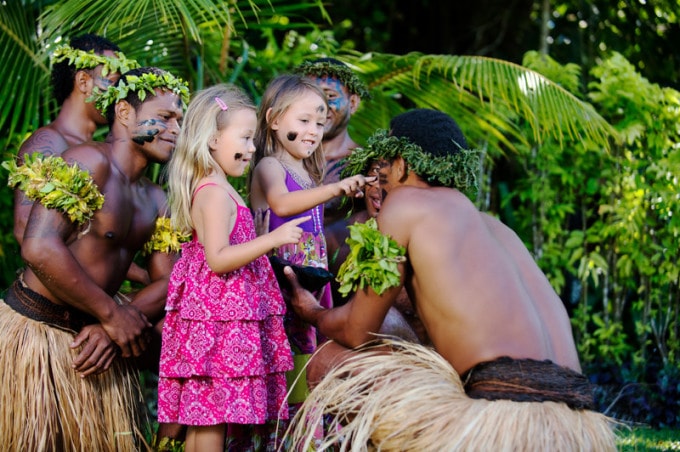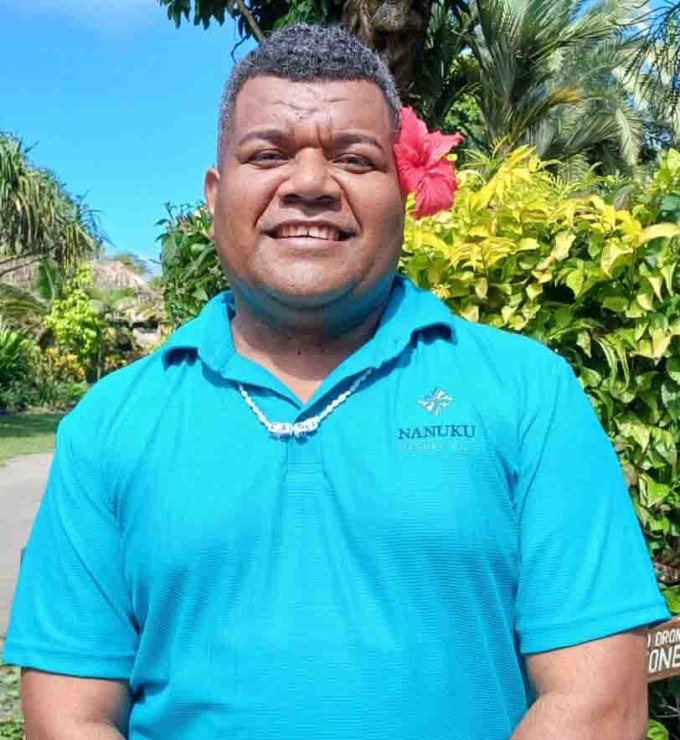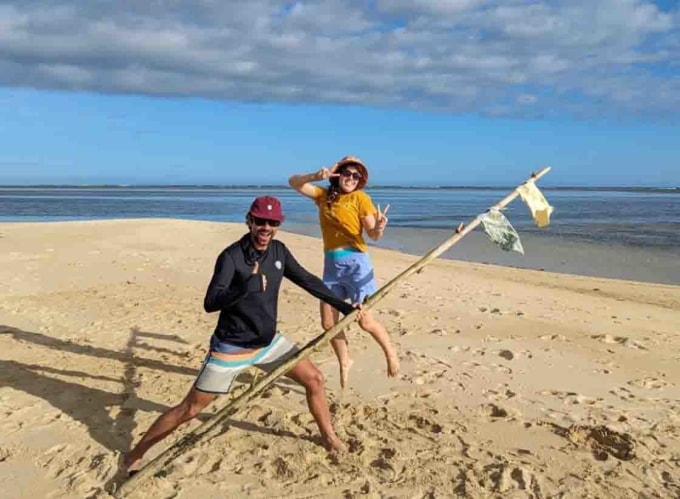The island nation of Fiji is likened to paradise, but the daily lives of its people are more complicated than it appears to tourists.

For tourists, Fiji is about white sand beaches, overwater bungalows ideal for honeymooners, and blue seas. "Paradise" is also the first word that comes to mind when many people think of Fiji.
For the islanders, however, the picture is more complicated.
TJ Patel, owner of Vasaqa restaurant, is a native of Nadi, home to the international airport. He is used to seeing people from all over the world dining at his restaurant and soon realized that few people could find Fiji on a world map.
“If you can’t find Australia on a map, the chances of seeing a needle in a haystack are very slim,” Patel said.
The “needle in the haystack” Patel describes is Fiji, an archipelago in the South Pacific with a population of fewer than a million people, about 50% of whom live in the capital, Suva.
The island nation has three official languages: English, Fijian, and Fijian Hindi (spoken by people of Indian descent). This geographical ambiguity leads many visitors to make incorrect assumptions about what life is really like in the country.
“Many people think Fijians are always by the beach,” says local PR expert and lifestyle blogger Evlyn Mani. In fact, Fiji is much more than beaches and colorful cocktails.
In Patel's definition, Fiji is a tight-knit country where everyone knows each other and those who leave to make a living elsewhere still want to return home to join in the big celebrations.
The main island of Fiji, Viti Levu, is so small that it takes only five hours to drive around it, so a person would know everyone on the island by the time they reach dating age.

The most important community event in Fiji is the kava ceremony. Kava is a mildly narcotic root plant that is ground into a powder and mixed with water. People then scoop the liquid from a large bowl called a tanoa and drink it.
International guests are also invited to participate in the kava ceremony, where they are offered a bowl of water. This is a welcome gesture to the guest.
Cagi Ratudamu grew up in Laselase village and took these rituals very seriously. He said anyone who visited the village was greeted with a traditional indigenous ceremony. The indigenous people would wear hibiscus or frangipani on their left ear to indicate they were single, and on their right ear, they were married.
Radutamu works at the luxury Nanuku Resort near the town of Pacific Harbour on the southern tip of Viti Levu. Meanwhile, most of his village makes a living growing vegetables.
Chantae Reden, an American, moved to Suva with her husband in 2017. She enjoyed the community-based lifestyle of the locals, but it took some getting used to. One of the most enjoyable experiences she had in Fiji was going to the movies. “Fijians love to scream at the screen, especially when watching horror movies,” she says.
Mani, who grew up in Sigatoka, a town southwest of Viti Levu, and now lives in Suva, said Fijians are very active due to the island's temperate weather. Mani enjoys running and yoga. She makes friends at the gym, while hiking, swimming, diving and doing other outdoor activities. "If you play rugby, you can make friends with almost everyone in Fiji," Reden said.
Rugby is not only the national sport but also a religion in Fiji. The country's rugby team won gold medals at the 2016 and 2020 Olympics. When a Fijian rugby match is on, people drop everything they are doing and focus on the screen.

For those who are less active, there is always something to do in Suva, from visiting art galleries, painting, to playing live music. The two cities on the island, the capital Suva and Nadi, home to the airport, are home to many malls, high-rise buildings, and international brands. But according to Reden, visitors don’t have to travel far to see a different side of Fiji.
In the city, people live in ordinary three-bedroom apartments. But when you go to the suburbs, you will see many houses that look like settlements, made of wood and metal. Most of these houses are prefabricated.
Fiji is also considered the center of the Pacific Ocean, so many natives speak English. There is also high-speed wifi and many direct flights to the US, Canada, Japan, Singapore, and Australia.
While many foreign things are imported into Fiji, the brainpower of the island nation is flowing out. The young generation with high qualifications are looking for other countries to live, work and earn more money such as Australia and New Zealand.
The World Bank classifies Fiji as a "fragile" country with about 1.3% of its people living in poverty and more than 50% of the population living on less than $7 a day.
Reden's husband added that there are not many opportunities for foreigners to find work on the island because the government prioritizes employment for locals. "Even volunteer work is difficult," Reden said.
TB (according to VnExpress)